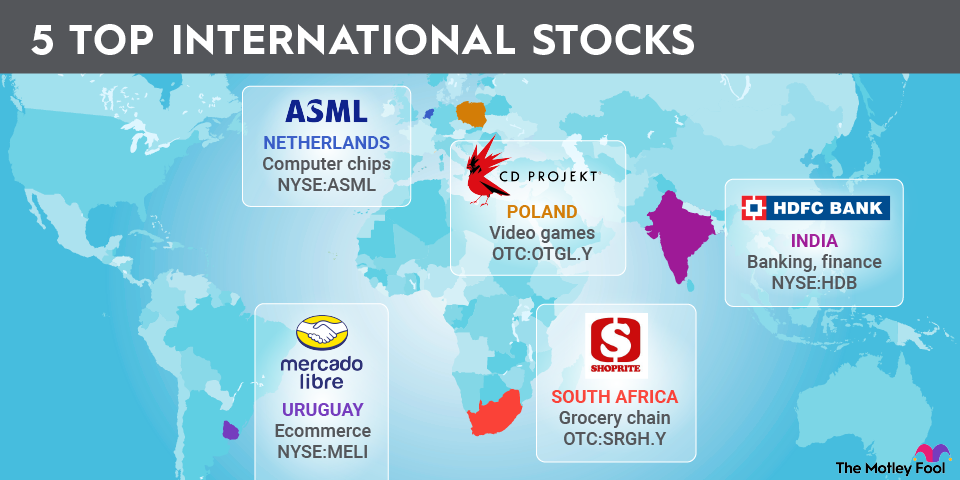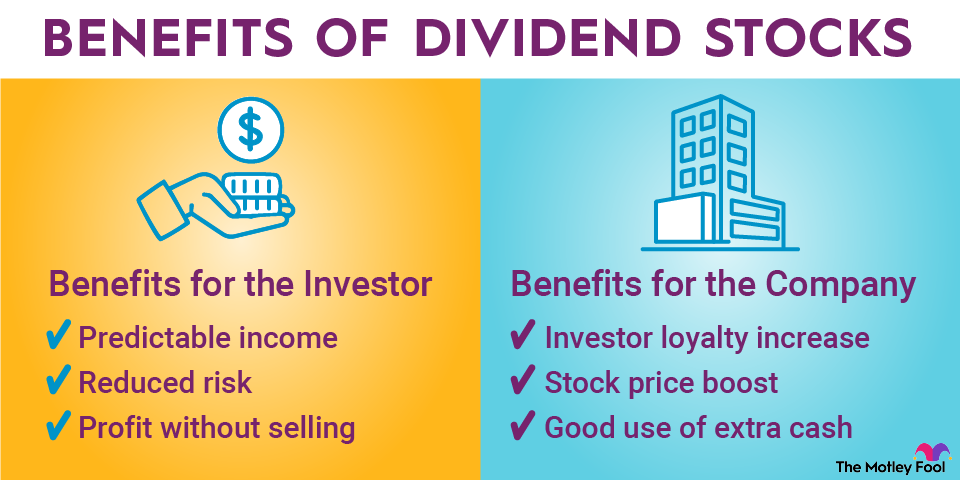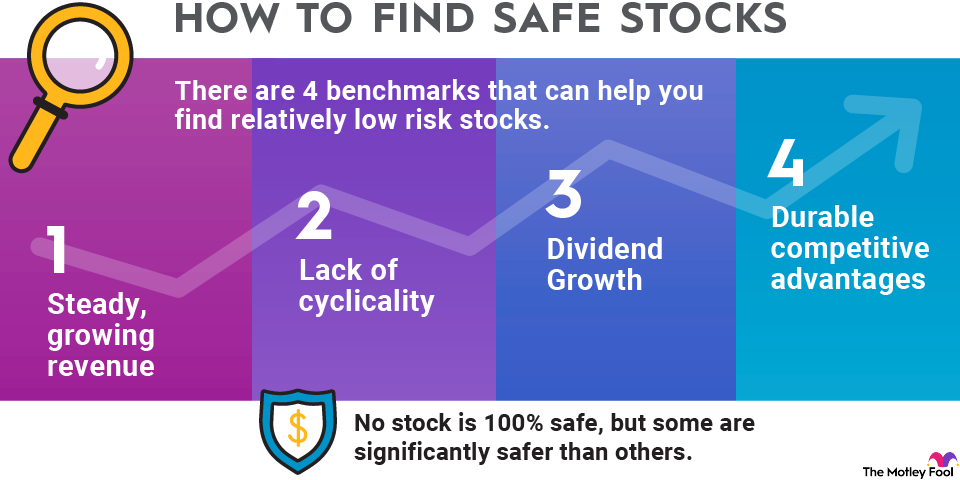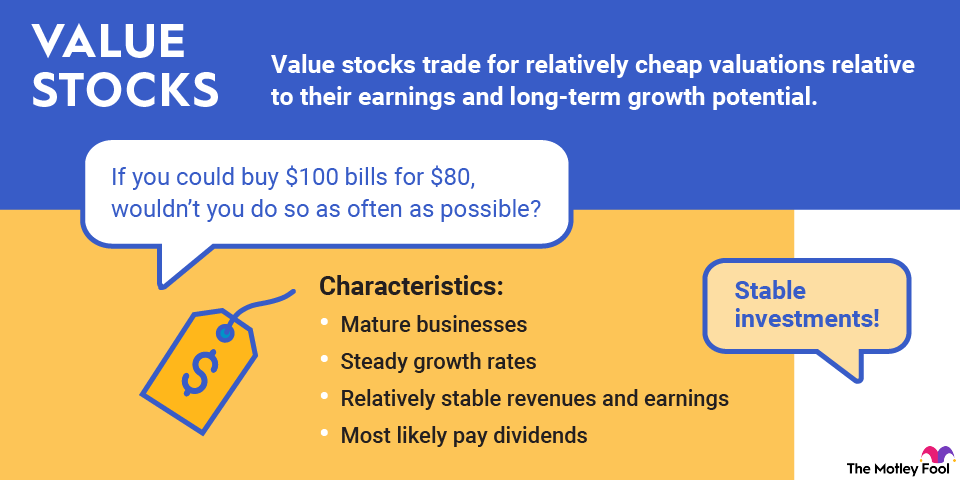If you’re looking for hot growth stocks, initial public offerings (IPOs) are a great place to start your search. These freshly minted public companies tend to make a splash in the market with big growth expectations and high price tags to match. Although not every IPO stock will be a winner, some of the most valuable companies in the world, such as Amazon (AMZN -1.81%) and Apple (AAPL -1.82%), were once initial public offerings and have turned early investors into millionaires.

What is an IPO stock?
An IPO stock is a stock that has recently gone public. That means it has gone through the process of selling its shares to a group of investors, typically with the help of an underwriter, and then listing the stock with an exchange like the New York Stock Exchange or the Nasdaq Stock Exchange, where investors can easily buy and sell it.
A company can sell more shares to the public in what's typically known as a follow-on offering, or shares can be sold through a secondary offering. There is an important distinction between the two, though they are sometimes used interchangeably.
- Follow-on offering: A follow-on offering refers to a company selling its stock after its IPO. Companies are free to do this at any time, though they must file with the U.S. Securities and Exchange Commission (SEC), and it means that existing shareholders will be diluted. This can be called a primary offering.
- Secondary offering: A secondary offering refers to a block of stock being sold by an existing shareholder, not the company. This also typically requires public notification through an SEC filing. The main difference between a secondary and a primary offering is that a secondary offering doesn't dilute existing shareholders, though it also doesn't raise any money for the company.
Recent IPOs
After a boom in IPOs during the COVID-19 pandemic, the market went ice-cold in 2022 as tech stocks plunged and interest rates soared. However, as the Nasdaq Composite has bounced back, the IPO market has shown signs of life once again, with several new issues debuting over the last year.

NASDAQ: CRWV
Key Data Points

NYSE: FIG
Key Data Points

NYSE: CRCL
Key Data Points

NASDAQ: NBIS
Key Data Points
IPO stocks to watch in 2025
1. Stripe
As the most valuable privately held tech startup in the U.S., digital payments company Stripe may be the most anticipated IPO out there. While the company has not announced plans to go public, Reuters reported that Stripe had taken its first step toward a market debut, tapping a law firm to guide it through the process. The wire service also said the company was planning on a direct listing instead of a traditional IPO since it doesn't need to raise new funds.
Stripe, which provides cloud software that allows businesses to seamlessly process payments, took a valuation cut from $95 billion to $50 billion due to the crash in tech stocks. It was valued at $91.5 billion in a secondary offering in February 2025 that allowed employees to cash out their stock. Still, management continues to say that it aims to go public eventually, though it seems to keep putting off that decision.
2. Shein
Shein could be the biggest IPO of 2025. The Chinese discount e-commerce site known for cheap clothes and similar merchandise filed confidentially to go public in November 2023.
In January 2025, Reuters reported that it was aiming for an IPO by midyear. While it hasn't revealed its financials yet, the company could reportedly be valued at $90 billion. Temu, a similar Chinese discount e-commerce site, has also grown rapidly, showing strong demand for cheap online merchandise and alternatives to Amazon.
Regulatory scrutiny around its supply chain and labor practices seems to have derailed its hopes for an IPO in the U.S. for now, and the company is now looking to go public in Hong Kong.
3. Discord
As of March 2025, media reports indicated that Discord, the messaging app that's popular with gamers, has been in early talks with bankers to go public as soon as late 2025. Discord was valued at $15 billion in its last funding round in 2021.
The company has not confirmed any plans to go public. It now has more than 200 million monthly active users, with the vast majority of them using the app to play games. It makes money through a "freemium" business model, offering enhanced features for paying users.
How to evaluate an IPO stock
If you're considering investing in an IPO stock, you'll want to consider some of the same factors you would with any stock, though IPOs lack some useful indicators like a track record as a stock.
Once a company files its S-1 prospectus, you can get a good look at its finances. Find out how fast its revenue is growing. Is the company profitable? If not, does it have a realistic path to profitability?
Consider the company's business model. Is it a brand new concept, or is it a tried-and-true model like cloud software?
Valuation is also worth considering, as plenty of IPOs have promising businesses, but are simply overvalued following their debuts. IPOs tend to be volatile, and it's a good idea not to chase a hot IPO if its valuation seems unreasonable.
How to buy IPO stock
- Open your brokerage app: Log in to your brokerage account where you handle your investments.
- Search for the stock: Enter the ticker or company name into the search bar to bring up the stock's trading page.
- Decide how many shares to buy: Consider your investment goals and how much of your portfolio you want to allocate to this stock.
- Select order type: Choose between a market order to buy at the current price or a limit order to specify the maximum price you're willing to pay.
- Submit your order: Confirm the details and submit your buy order.
- Review your purchase: Check your portfolio to ensure your order was filled as expected and adjust your investment strategy accordingly.
Related investing topics
Pros and cons of investing in IPO stocks
There are a number of pros and cons to investing in IPO stocks. Let's review some of the big ones.
Pros:
- Investing in IPOs can get you exposure to big winners.
- Most top stocks were once IPOs.
- You can get in early on a stock you like.
Cons:
- Most IPOs underperform the market.
- IPOs tend to be more volatile and riskier than the average stock.
- It can take time for an IPO to find equilibrium in the market, and it's hard to know where it will settle.
In general, IPOs offer substantial potential upside and occasionally produce big winners, but most debuts do not perform as well as the S&P 500, whose stocks have proven their mettle on their way to earning membership in the index.



















